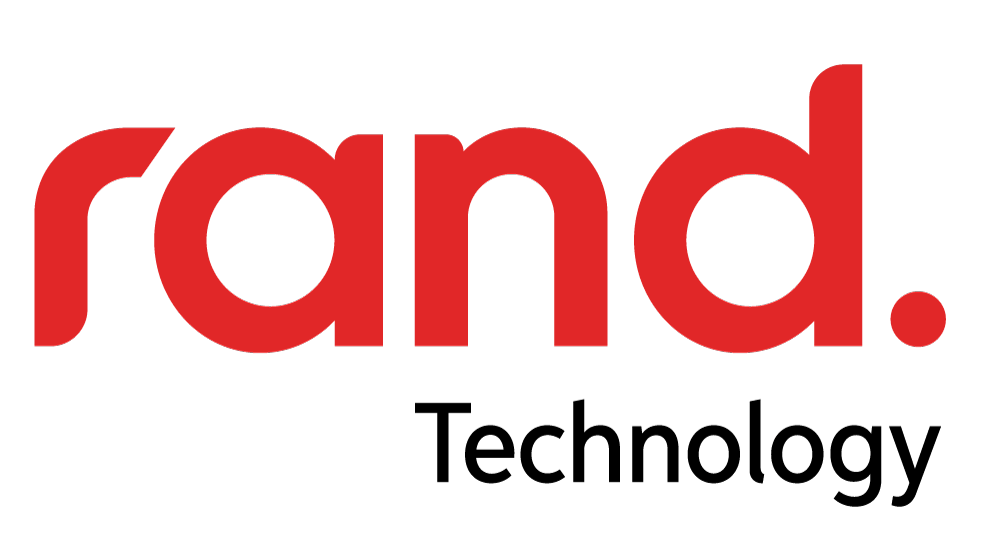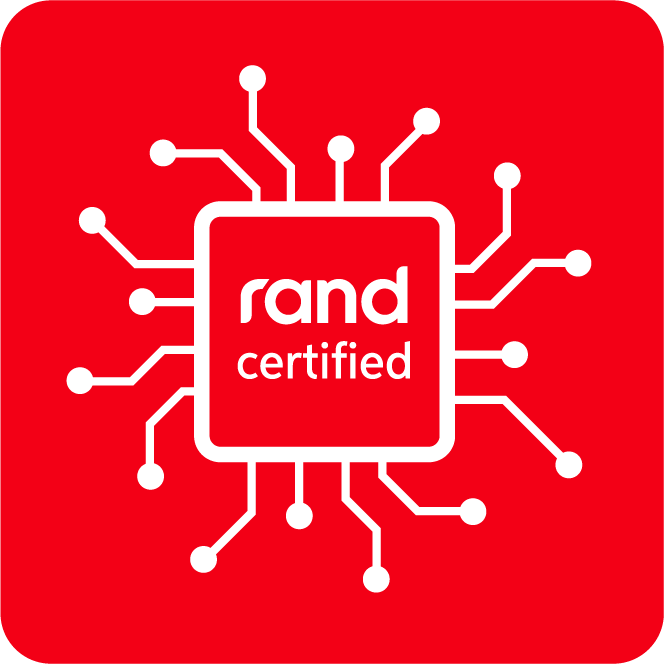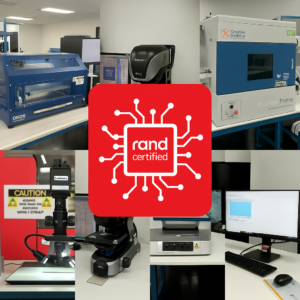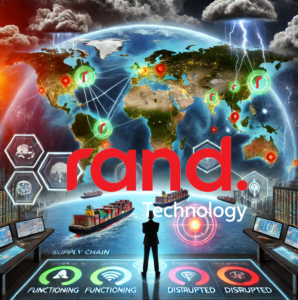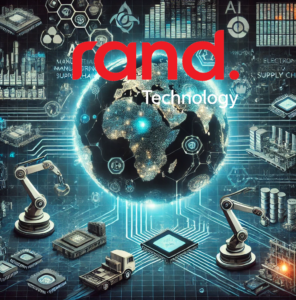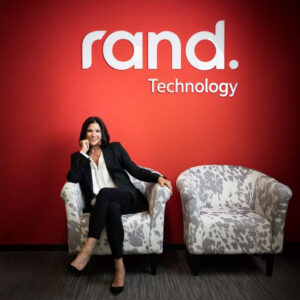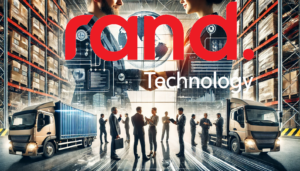In an era of globalization and rapid technological advancements reshaping industries, the supply chain is the backbone of business operations. Its complexity demands efficiency, strategic foresight, creativity, adaptability, and resilience. Diversity is one of the most powerful drivers of these qualities, particularly in leadership roles. As the conversation around Diversity, Equity, and Inclusion (DEI) evolves in light of recent political shifts, it is crucial to reaffirm the case for diversity in supply chain leadership.
The Business Case for Diversity
Diversity is not merely a moral or ethical imperative but a business one. Research consistently shows that diverse leadership teams outperform their less diverse counterparts. According to a McKinsey & Company report, companies in the top quartile for gender diversity on executive teams are 25% more likely to have above-average profitability than companies in the fourth quartile. Ethnic and cultural diversity shows an even stronger correlation with profitability.
In the supply chain sector, where decision-making impacts everything from cost management to customer satisfaction, the benefits of diverse leadership are manifold:
- Enhanced Problem-Solving and Innovation: Diverse teams bring many perspectives, leading to more creative solutions. This is critical in supply chain management, where leaders must navigate complex logistical challenges and rapidly changing market conditions.
- Improved Risk Management: A diverse leadership team is better equipped to identify potential risks and develop comprehensive mitigation strategies. Different backgrounds and experiences contribute to a broader understanding of potential vulnerabilities.
- Greater Employee Engagement and Retention: Inclusive environments foster a sense of belonging, increasing employee satisfaction and reducing turnover. This stability is invaluable in maintaining an efficient supply chain.
- Stronger Customer Connections: Supply chains often span multiple countries and cultures. Leaders who reflect this diversity can build stronger relationships with global partners and customers.
The Current Landscape: Challenges and Pushback
Recent political developments, such as President Trump’s executive order to terminate DEI programs within the federal government, have sparked widespread debate. While some companies have scaled back their DEI initiatives, others are standing firm, recognizing the intrinsic value these programs bring to their organizations.
Companies like Apple, Costco, JPMorgan Chase, Goldman Sachs, and Microsoft have publicly reaffirmed their commitment to DEI. Apple’s board, for instance, urged shareholders to reject proposals aimed at ending DEI programs, emphasizing that diversity fosters innovation and competitive advantage. Similarly, Costco’s shareholders overwhelmingly voted against measures to limit DEI efforts, with the company’s leadership highlighting the role of diversity in driving business success.
These companies understand that DEI is not just a compliance checkbox but a strategic asset. Their stance sends a powerful message: diversity and inclusion are integral to sustainable growth and innovation, especially in supply chain management sectors where agility and foresight are paramount.
Rand Technology: A Testament to the Power of Diversity
Diversity has been a cornerstone of Rand Technology‘s identity since day one. As a 100% female-owned company, we don’t just talk about the importance of inclusion—we live it. Our founder, Andrea Klein, established Rand with a vision rooted in trust, integrity, and a commitment to excellence. These values are intrinsically linked to our diverse leadership and inclusive culture.
“At Rand Technology, diversity isn’t just part of our story—it’s the foundation of our success. Building a company as a woman in a male-dominated industry taught me that the most innovative ideas come from inclusive environments where different voices are heard, respected, and empowered.”
Being WBENC-certified (Women’s Business Enterprise National Council) underscores our dedication to fostering an inclusive environment, not just within our company but across the industry. We are also proud members of Women in Electronics (WE), an organization that champions the advancement of women in the electronics industry. Through this partnership, we actively create opportunities, share knowledge, and advocate for greater representation in leadership roles.
Our diverse team has been instrumental in driving innovation and delivering exceptional client results. We’ve seen firsthand how different perspectives fuel creative problem-solving, enhance decision-making, and strengthen our ability to adapt to market changes. Diversity isn’t just part of our culture; it’s a key driver of our success.
The Advantages of Inclusive Leadership in Supply Chain
- Driving Innovation: Supply chains are dynamic, often requiring quick pivots and novel solutions. Inclusive teams, enriched with varied experiences and viewpoints, are more adept at thinking outside the box and challenging the status quo.
- Resilience Through Diversity: Diverse leadership fosters resilience by promoting adaptive thinking. Leaders from different backgrounds can draw on unique experiences to navigate crises, making organizations more robust against disruptions.
- Global Competitiveness: Understanding cultural nuances is vital in a global economy. Diverse leaders bring cultural intelligence that enhances negotiations, supplier relationships, and customer interactions worldwide.
- Better Decision-Making: Diverse teams make better decisions. A study by Cloverpop found that inclusive teams make better business decisions up to 87% of the time. This is critical in supply chain management, where decisions have far-reaching operational and financial impacts.
“Inclusive leadership drives better decisions because it challenges us to think beyond traditional frameworks. Diverse perspectives push us to question assumptions, analyze risks more thoroughly, and ultimately create more resilient supply chain strategies.”
5. Attracting Top Talent: Companies known for their inclusive cultures attract a broader talent pool. This competitive edge can be pivotal in an industry facing talent shortages.
Moving Forward: Commitment to DEI in Supply Chain Leadership
As the debate around DEI continues, companies must remain steadfast in their commitment to diversity. The benefits are clear, and the risks of regression are too significant to ignore. Supply chain leaders must recognize that inclusion is not a trend but a business imperative.
Organizations can take several steps to strengthen their DEI efforts:
- Embed DEI in Leadership Development: Ensure inclusive leadership pipelines with programs designed to identify and nurture diverse talent.
- Set Measurable Goals: Establish clear DEI objectives, track progress, and hold leadership accountable for outcomes.
- Foster an Inclusive Culture: Create environments where diverse voices are heard, valued, and integrated into decision-making processes.
- Leverage Partnerships: Engage with organizations like Women in Electronics (WE) to support ongoing learning, networking, and advocacy efforts.
The case for diversity is compelling and urgent. Companies that embrace inclusive leadership are not only doing the right thing but also positioning themselves for long-term success in an increasingly complex and competitive global landscape.
At Rand Technology, our journey as a 100% female-owned company has shown us that diversity catalyzes growth, innovation, and resilience. We stand with organizations championing DEI, knowing that our collective commitment will shape a more dynamic, equitable, and prosperous future for the supply chain industry and beyond.
